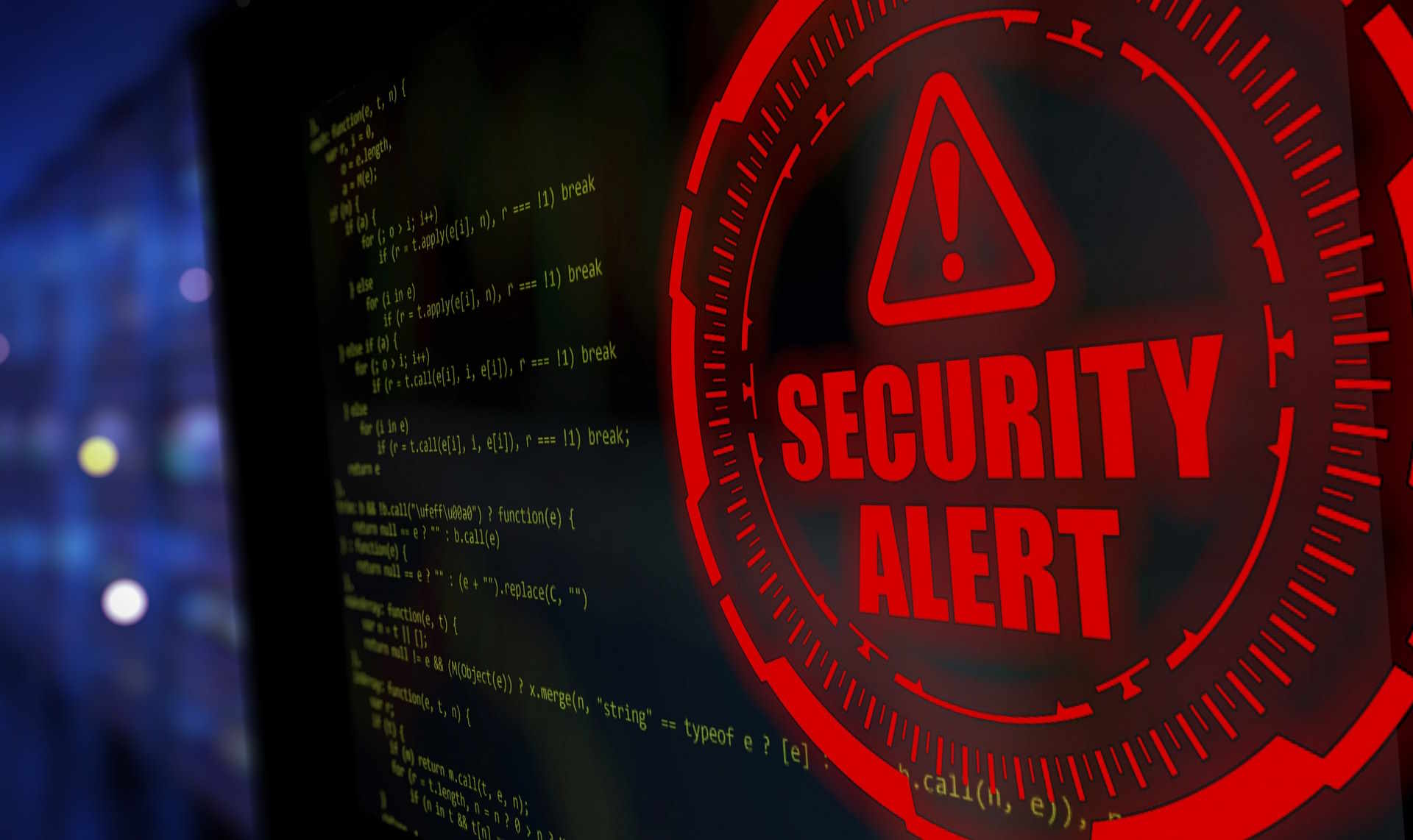Cyber Security Degree: Skills, Careers, and Learning Pathways
A cyber security degree prepares students to protect systems, data, and networks from unauthorized access and digital threats. Programs combine theory and hands-on practice to teach how vulnerabilities are found, how defenses are designed, and how organizations respond to incidents. Graduates work across industries where computer systems and sensitive information require ongoing protection.

What is cybersecurity and what does a degree cover?
A cybersecurity degree studies principles and practices used to protect information systems from attack or misuse. Coursework typically includes network security, cryptography, operating systems, secure coding, and risk management. Lab work and simulated attack scenarios teach students how to detect intrusions, analyze malware, and design secure architectures. Programs may also include electives in privacy law, compliance, and ethical considerations to frame technical skills within business and legal contexts.
How does a computer foundation support security learning?
A strong computer science foundation helps students understand how software and hardware interact, which is essential for effective security work. Topics such as data structures, algorithms, operating systems, and networking provide context for identifying vulnerabilities and developing patches or mitigations. Many degrees require programming projects and systems coursework so graduates can audit code, automate defensive routines, and build tools for monitoring infrastructure in real-world environments.
Can studying a hacker mindset be part of the curriculum?
Ethical hacking—also called penetration testing—is a common component of cyber security degrees. Learning the hacker mindset helps students mimic attacker techniques in controlled settings, uncover weaknesses, and prioritize fixes. Courses teach tools and methodologies for vulnerability scanning, exploit development, and social engineering awareness, always emphasizing legal and ethical boundaries. This approach trains graduates to think offensively to better design defensive strategies and incident response playbooks.
What technology and tools do students learn to use?
Degree programs introduce a range of technology used in modern security practice: intrusion detection systems, firewalls, SIEM (security information and event management) platforms, malware analysis sandboxes, and virtualization for safe testing. Students gain experience with scripting languages for automation, version control systems, and cloud platforms where many organizations now host services. Hands-on labs and capstone projects help translate theoretical concepts into practical skills for securing digital environments across enterprise and small-business contexts.
How do digital security careers and specializations differ?
A cyber security degree opens pathways into roles such as security analyst, incident responder, penetration tester, security engineer, and compliance specialist. Specializations include cloud security, application security, forensic analysis, and threat intelligence. Employers value relevant certifications and practical experience alongside the degree; internships, lab portfolios, and participation in capture-the-flag (CTF) competitions can strengthen job prospects. Work settings range from corporate IT departments and government agencies to consultancies and managed security service providers, often with options to focus on local services or global operations.
A cyber security program also addresses soft skills needed in professional environments: clear technical communication, policy interpretation, and collaboration with legal and business teams. As technology and threat landscapes change, continuous learning and periodic recertification are common parts of career development for those working in digital security fields.
Conclusion
Earning a cyber security degree provides a structured path to understand how computer systems are designed, attacked, and defended. The curriculum blends theory, practical labs, and ethical training to prepare graduates for a variety of roles across industries that rely on secure digital operations. With foundational knowledge in technology and specialized training in areas like penetration testing and incident response, degree holders contribute to building resilient systems and informed security practices in organisations worldwide.






